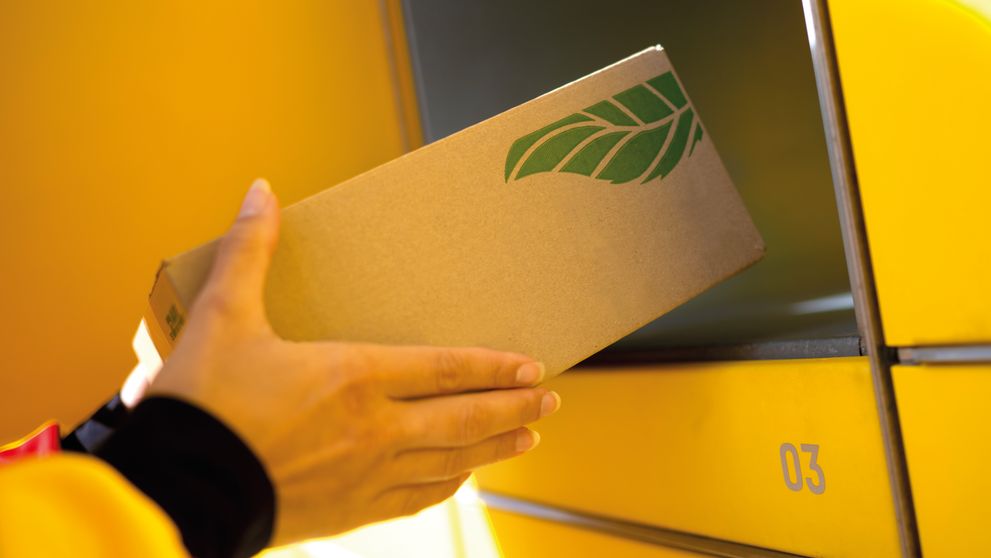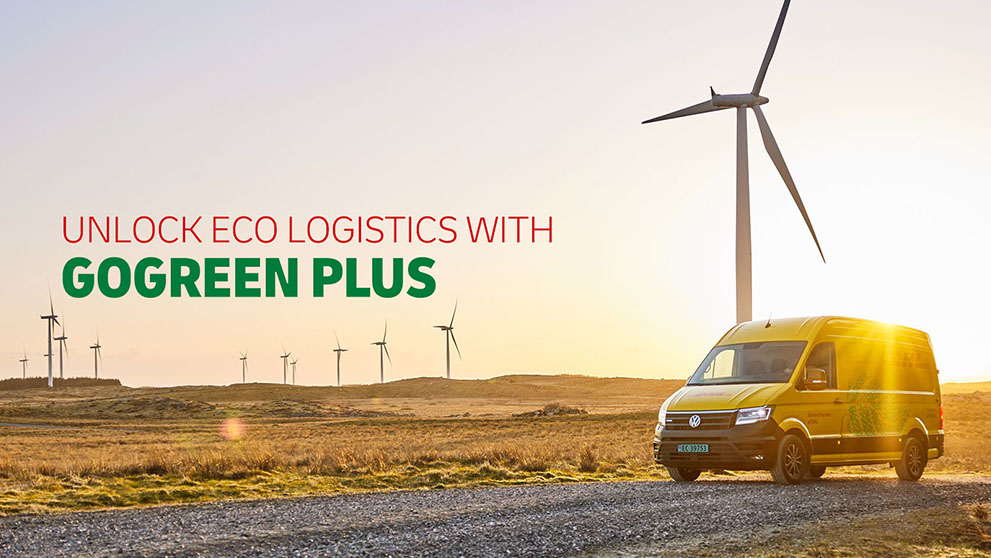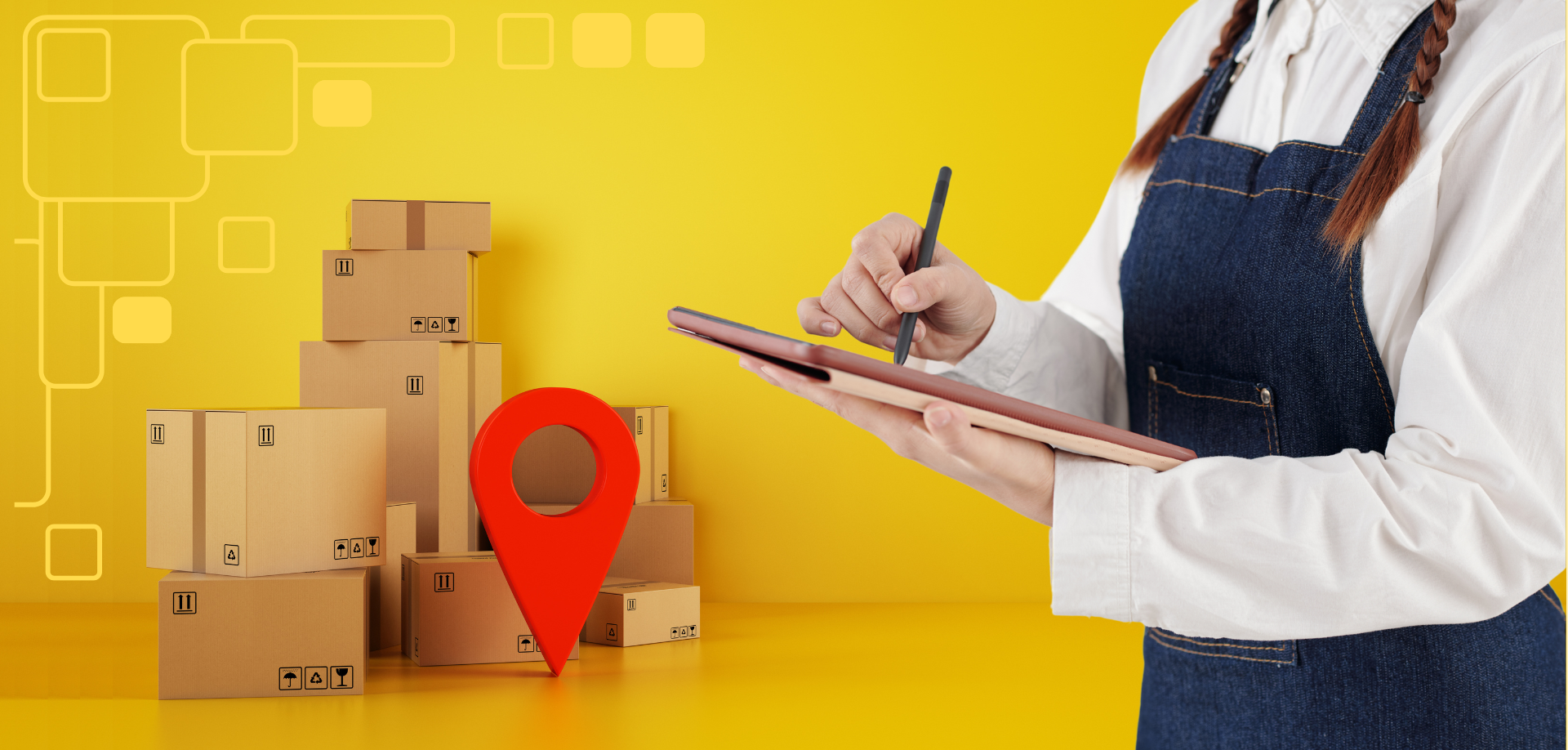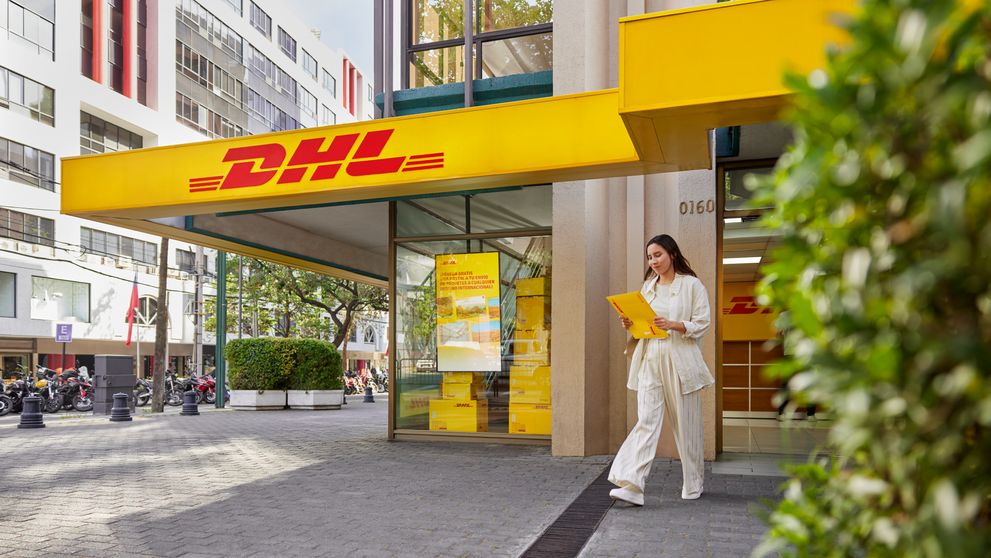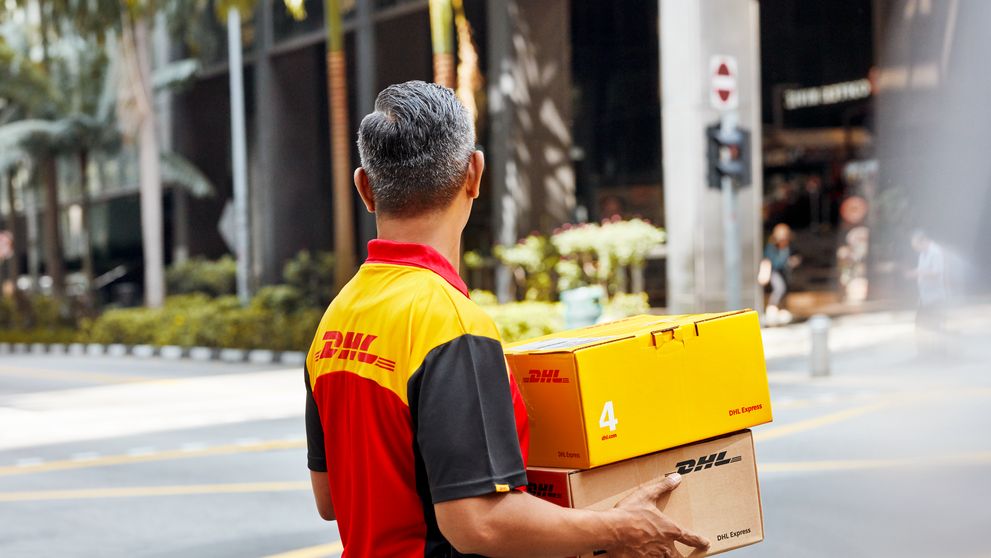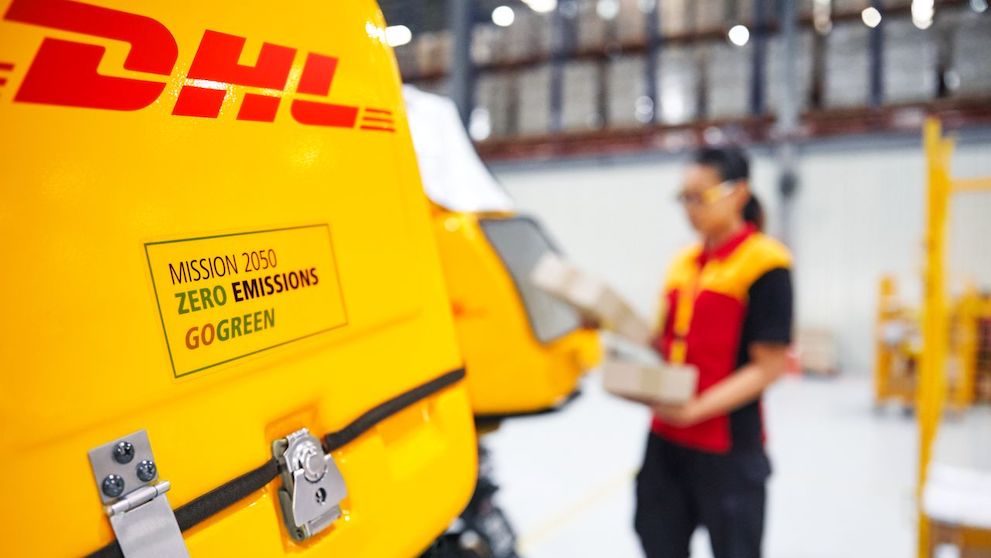The final step in the delivery process, known as last-mile delivery, presents a host of challenges for logistics providers and businesses worldwide due to factors such as traffic congestion, high delivery costs, and security concerns.
However, with the global market for last-mile delivery projected to reach US$269.2 billion by 20301, as reported by Research and Markets, there are exciting new opportunities on the horizon. For Hong Kong businesses to keep up with the times, they need to start embracing new last-mile delivery solutions such as DHL Express’ advanced service point lockers. Read on to discover how DHL Express is revolutionising last-mile delivery!
The need for last-mile delivery solutions
The demand for quicker and more efficient delivery solutions is rapidly increasing. According to Statista, 41% of global shoppers expect to receive online purchases within 24 hours, while 24% want their orders delivered in less than two hours2. Furthermore, Wunderman Thompson’s 2023 The Future Shopper Report suggests that almost half of the consumers worldwide (48%) would like faster delivery3. Additionally, CB Insights 2022 The Future of Last-Mile Delivery report highlights that 68% of online consumers consider shorter delivery windows crucial when making an order4. This underscores the intensifying demand for more efficient last-mile delivery solutions.
Currently, there are many challenges faced by traditional last-mile delivery methods, such as:
- Traffic Congestion: Urban areas often experience heavy traffic, causing delays in delivery schedules and reducing overall efficiency.
- High Delivery Costs: Delivering goods directly to consumers' doors can be prohibitively expensive, especially in densely populated areas. The high costs are driven by factors such as traffic congestion, limited parking, and the need for more frequent stops, all of which increase fuel consumption and labour expenses.
- Failed Deliveries: Missed deliveries due to customers not being home can lead to additional costs and logistical complications.
- Security Concerns: Packages left unattended at doorsteps are vulnerable to theft, raising security concerns for both customers and delivery providers.
- Environmental Impact: Frequent trips and inefficient routing contribute to higher fuel consumption and carbon emissions, negatively impacting the environment.
With these challenges of traditional last-mile delivery and the ever-growing demand for faster delivery, businesses must adapt and look into new solutions. This is where package locker systems come in. They offer a convenient, secure, and efficient alternative for package delivery and collection, addressing the common issues faced by traditional methods. By integrating smart lockers into their delivery strategies, local businesses can meet customer expectations for speed and reliability while reducing operational costs and environmental impact.
Introducing DHL Express parcel lockers
Parcel lockers, also known as smart lockers or package lockers, are secure, automated storage units located in central locations in Hong Kong, such as in grocery stores or even apartment complexes. These systems are revolutionising how goods can be delivered and received. This is because they allow customers to pick up their parcels from a locker at a time and location that suits them.
Parcel lockers are considered ‘smart’ because they integrate with digital systems for monitoring, authentication, and communication. These technologically enhanced versions of traditional lockers incorporate digital and IoT (Internet of Things) features to make package management more convenient, secure, and efficient.
Why use a DHL Express parcel locker?
The smart parcel locker market is set to rise from $1,012.0 million in 2024 to $2,552.4 million by 2032, at a CAGR of 12.3%, according to Fortune Business Insights5. This growth highlights the increasing acceptance and reliance on parcel lockers for contactless last-mile delivery. By incorporating smart locker systems like apartment parcel lockers into their logistics and business plans, Hong Kong businesses can also enjoy additional benefits, such as:
1. Efficiency gains
DHL Express’ parcel lockers streamline the delivery process, allowing customers to collect their parcels conveniently. This reduces delivery times and enhances overall efficiency for both customers and delivery providers. By using parcel lockers, delivery drivers can drop off multiple packages at a single location, significantly cutting down on the time and resources needed for individual door-to-door deliveries. This system also allows for quicker route planning and reduces the time drivers spend in traffic.
2. Reduction in missed deliveries
With parcel lockers, there is no need to worry about missed deliveries. Customers can pick up their parcels whenever it suits them, reducing the chances of failed delivery attempts. According to the Harvard Business Review, up to 20% of e-commerce packages aren’t delivered on the first attempt. These failed deliveries not only cost companies billions of dollars each year but also impact customer satisfaction and damage retailers’ reputations6. Therefore, by using parcel lockers, businesses can ensure a higher delivery success rate, enhancing customer satisfaction and loyalty.
3. Environmental Benefits
By reducing the number of individual delivery trips to specific addresses, parcel lockers help lower fuel consumption and carbon emissions, contributing to environmental sustainability. Additionally, since parcel lockers facilitate contactless returns, this further reduces the need for vehicles to complete the last-mile delivery. According to Last Mile Experts’ Green Last Mile Europe report of 2023, shifting from traditional courier transport to the efficient out-of-home (OOH) delivery system could result in a significant reduction of CO2 emissions, potentially reducing them by up to two-thirds in urban areas and even more in rural regions7.
- Research & Market, 2024
- Statista, 2023
- ECDB, 2024
- CB Insights, 2022
- Fortune Business Insights, 2024
- Harvard Business Review, 2023
- Kardinal, 2024
